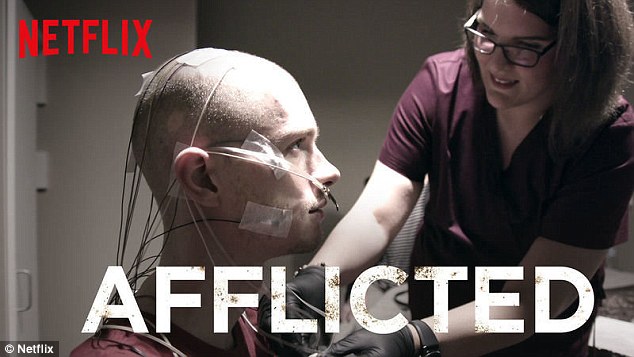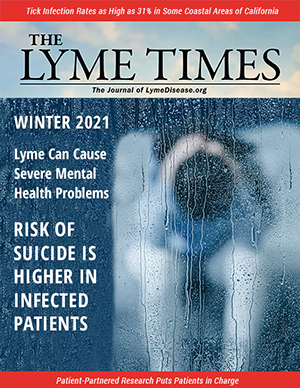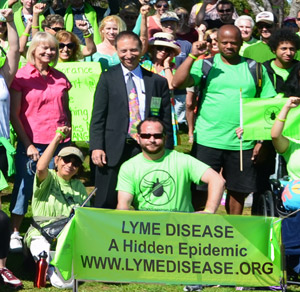A bleism kills. I’ve watched my fellow patients with myalgic encephalomyelitis (ME), also known as chronic fatigue syndrome (CFS), suffer and even die from the ignominy of a suspect disease. Patients often can’t get effective medical care, their disability insurance applications are rejected, their marriages are torn apart, they’re abandoned by their families, they end up in poverty and food insecurity, or sometimes they die, occasionally from the disease itself but more often from suicide.
Dangers To Chronically Ill ME/CFS Patients
 As terrible as this litany is, nothing has brought home to me the dangers of prejudice against those who are chronically ill like the new Netflix documentary series Afflicted.
As terrible as this litany is, nothing has brought home to me the dangers of prejudice against those who are chronically ill like the new Netflix documentary series Afflicted.
As the series unfolds, the agenda becomes increasingly clear: to show that the primary cause of these diseases is psychological. In Episode 6, each participant is shown while their parents and partners speak: “I wonder, is he imagining this to the point that it becomes real?” “Is this in her head? Is it psychosomatic?” “Some of it’s in her mind, I guess.”
 The patients are depicted as bleeding their loved ones dry of money and goodwill, as abandoning reputable doctors in favor of greedy quacks, and as being freaks utterly unlike normal healthy people.
The patients are depicted as bleeding their loved ones dry of money and goodwill, as abandoning reputable doctors in favor of greedy quacks, and as being freaks utterly unlike normal healthy people.
When I finished watching the series, I feared for my fellow patients — for example, for Rebecca Handler, an ME/CFS patient who recently tweeted:
She begged friends to take her in because her parents threatened to put her in a psychiatric ward. And, as she told me, they hadn’t even yet watched Afflicted.
Whatever Handler’s parents believe, science is unequivocal about the reality of ME/CFS, as well as many other illnesses depicted in the series………. Join or login below to continue reading.




























